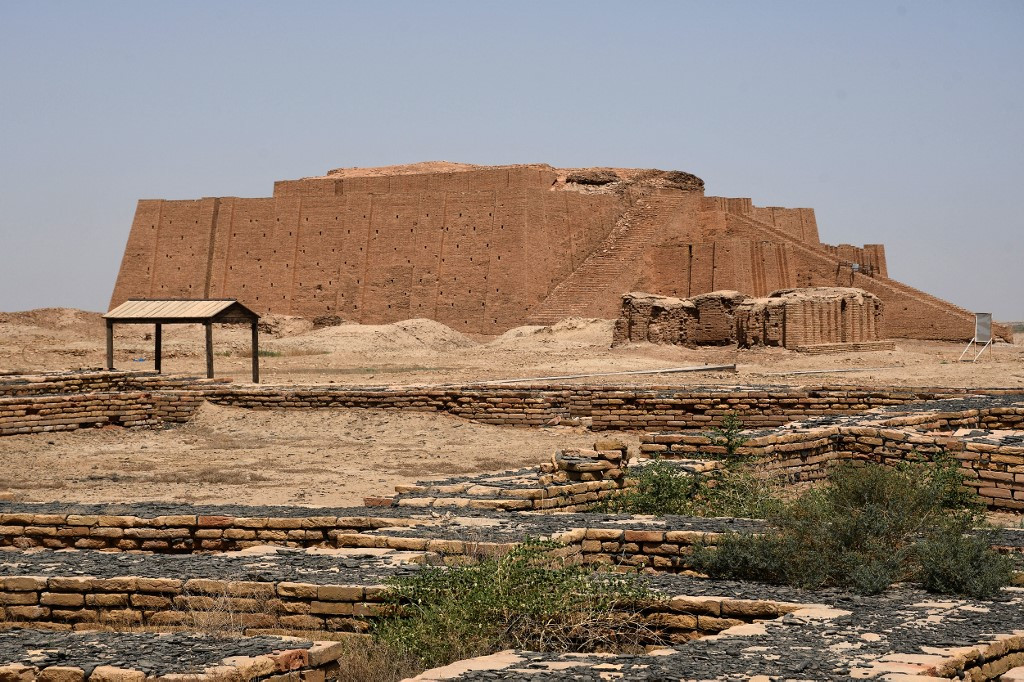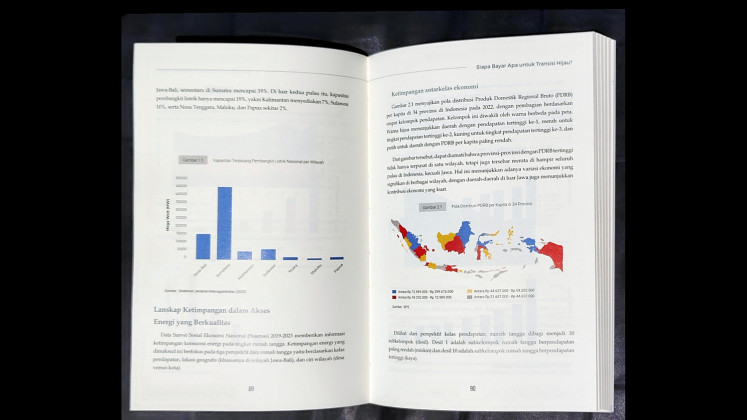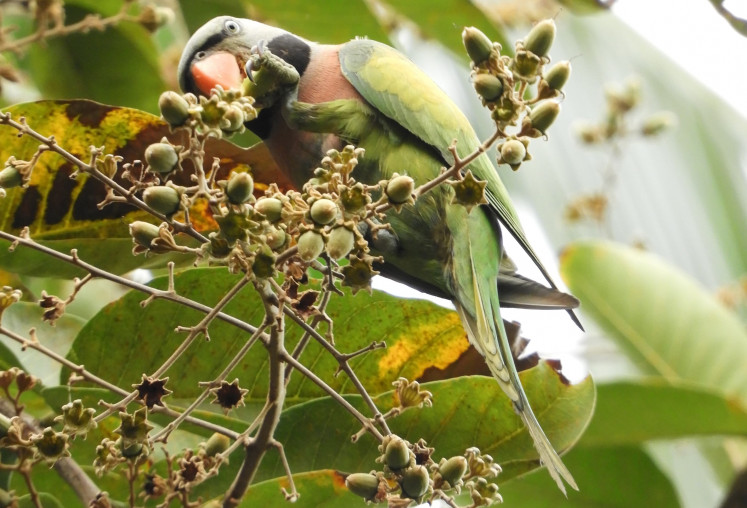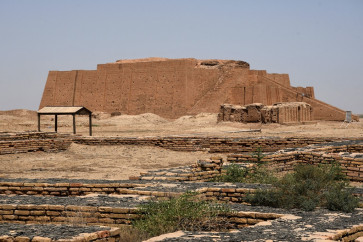Popular Reads
Top Results
Can't find what you're looking for?
View all search resultsPopular Reads
Top Results
Can't find what you're looking for?
View all search resultsIraq's Garden of Eden now 'like a desert'
The reputed home of the biblical Garden of Eden, Iraq's swamplands have been battered by three years of drought and low rainfall, as well as reduced water flows along rivers and tributaries originating in neighbouring Turkey and Iran.
Change text size
Gift Premium Articles
to Anyone
 A picture shows on June 15, 2020 the Great Ziggurat temple, a massive Sumerian stepped mudbrick construction dedicated to the moon god Nanna which dates back to 2100 BC in the ancient city of Ur that falls now in southern Iraq's Dhi Qar province, 375 kilometers (235 miles) southeast of Baghdad. The location of the city of Ur, where the Bible says Abraham was born, is one of Iraq's oldest archaeological sites of the ancient region of Mesopotamia.
(AFP/Asaad Niazi)
A picture shows on June 15, 2020 the Great Ziggurat temple, a massive Sumerian stepped mudbrick construction dedicated to the moon god Nanna which dates back to 2100 BC in the ancient city of Ur that falls now in southern Iraq's Dhi Qar province, 375 kilometers (235 miles) southeast of Baghdad. The location of the city of Ur, where the Bible says Abraham was born, is one of Iraq's oldest archaeological sites of the ancient region of Mesopotamia.
(AFP/Asaad Niazi)
T
o feed and cool his buffaloes, Hashem Gassed must cross 10 kilometres (six miles) of sunburnt land in southern Iraq, where drought is devastating swathes of the mythical Mesopotamian Marshes.
The reputed home of the biblical Garden of Eden, Iraq's swamplands have been battered by three years of drought and low rainfall, as well as reduced water flows along rivers and tributaries originating in neighbouring Turkey and Iran.
Vast expanses of the once lush Huwaizah Marshes, straddling the border with Iran, have been baked dry, their vegetation yellowing. Stretches of the Chibayish Marshes, which are popular with tourists, are suffering the same fate.
"The marshes are our livelihood -- we used to fish here and our livestock could graze and drink," said Gassed, 35, from a hamlet near Huwaizah.
Southern Iraq's marshlands were inscribed as a UNESCO World Heritage site in 2016, both for their biodiversity and their ancient history.
But now, beds of dry streams snake around the once verdant wetlands, and the area's Um al-Naaj lake has been reduced to puddles of muddy water among largely dry ground.
Like his father before him, Gassed raises buffaloes, but only five of the family's around 30 animals are left.
















